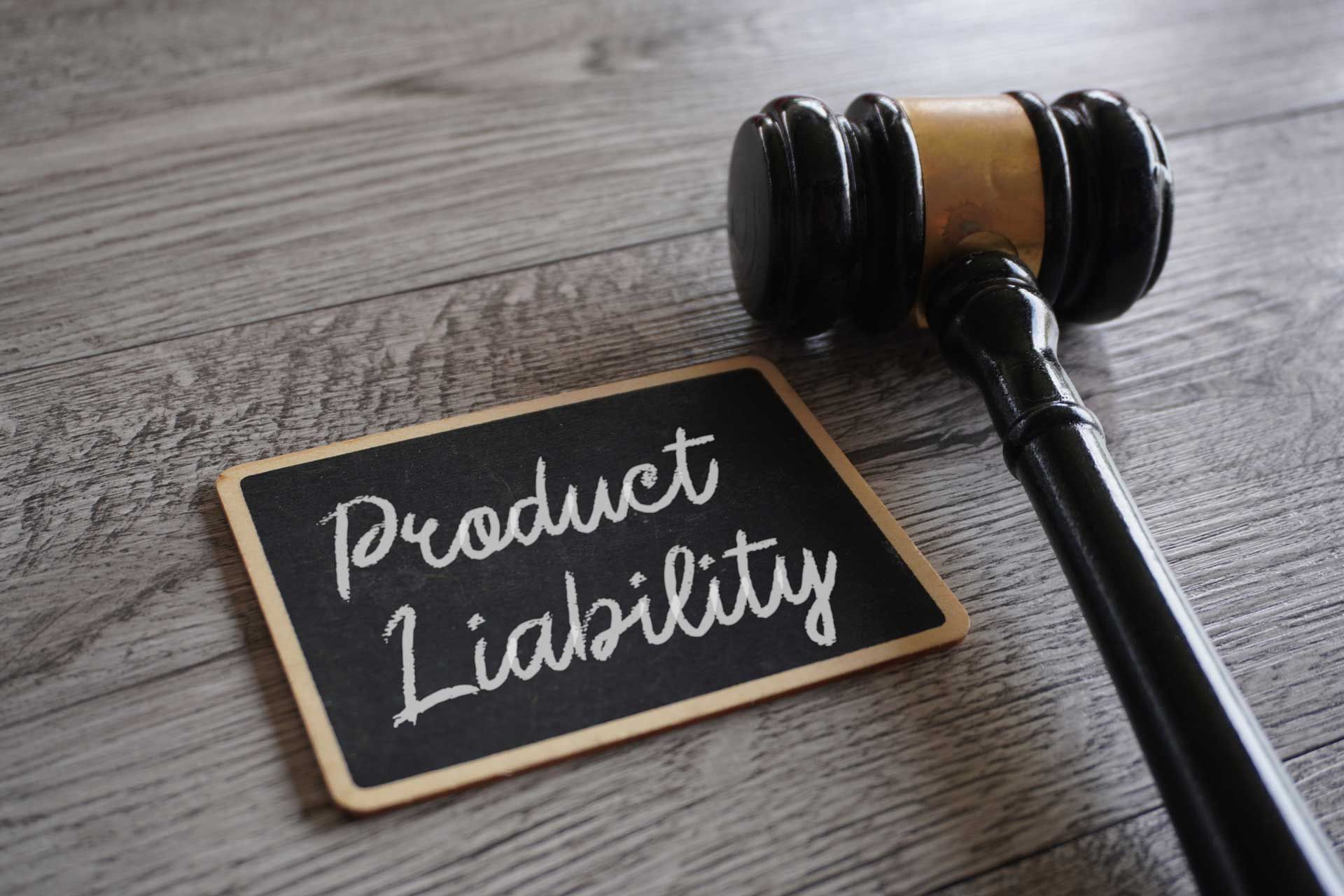Negotiating Covenants Not to Compete in Employment Agreements
How Noncompete Clauses Work
It’s very common for employment agreements to contain covenants not to compete, These covenants are often called noncompete clauses or noncompete agreements. They may be included as part of a broader employment agreement, or they can be set up as an entirely separate agreement. In the latter case, they will usually be attached as an exhibit to the general employment agreement, and may even be incorporated into the broader agreement as well.
What is a “Noncompete”?
A non-compete clause or agreement is an agreement preventing an employee from working for competing firms after leaving a business. Covenants not to compete are used widely to apply to many different professional roles but are especially common relating to sales roles. Noncompete agreements are generally enforceable only to the extent they are considered to be reasonable both in terms of the time they will last and the geography they cover. See GFA Int'l v. Trillas, 3D21-619 (Fla. App. 2021). This is a general rule with wide application in the majority of American jurisdictions.
Reasonable Limits
What is considered reasonable, on the other hand, varies widely from state to state. In a majority of states, noncompete clauses are generally allowed, as long as the scope of the restrictions is reasonable. For example, in Wisconsin, a covenant not to compete is considered to fall within the parties’ freedom of contract. Its law expressly states that restrictive covenants in employment contracts are enforceable, if the restrictions imposed are reasonable, and the employee receives some independent consideration for the agreement before signing on as an employee.
Some states refuse to enforce almost every noncompete. California, for example, bars covenants not to compete in most situations. Meanwhile, Texas gives great latitude to the parties to a contract in entering noncompetes. So the first thing to be aware of is which state’s law governs the contract, then look at how that state treats the law. We have no intention of looking at the laws of every state in this article, as many of them are quite similar, but it’s vitally important to know what you’re dealing with before entering into such an agreement.
What Makes a Noncompete Reasonable?
Generally speaking, most courts are willing to enforce noncompete agreements that have time limits lasting no more than six months. But many agreements restrict the employee for more than six months and agreements for up to two years may be upheld, and frequently, they are upheld for at least one year. Once the restriction goes longer than a year, more and more agreements are either voided or “blue lined”. Blue lining is the means by which a court limits the term of the noncompete, so for example, it might take, a two year limit and reduce it to one year.
Next, the limits must be reasonable in terms of geographic enforcement. This is much trickier as it can often be limited to a local community, but the term may be expressed nationally or even internationally. How a court will treat the geographic limits depends on many factors including: the actual language of the agreement, the type of industry you work in, the kind of job you hold, the scope of the work you were doing and how competitors treat the regional limits around their own employees.
What Happens if You Breach a Non-Compete?
Typically, an employer holds a big advantage in terms of the money it has available to enforce employment agreements. This is why so many employees are cautious about breaching them, even when they may be confident they are unreasonable and unenforceable.
But if that is the case, why bother to sign an agreement to begin with? Typically, a noncompete is made a requirement to obtain employment. The employer will often treat the agreement as non-negotiable. So employees regularly sign them hoping they will be able to avoid enforcement later.
Sometimes they can. Many times employers will negotiate with employees as they depart and allow some parts of a noncompete to be amended, or pay the employee for a period of time to reinforce the noncompete, but this is less common than it is for the employer to seek direct enforcement of the agreement.
Injunctions and Temporary Restraining Orders
It is quite common for a noncompete to specify that, because other remedies are inadequate, the employer is entitled to use injunctions or restraining orders in order to enforce the noncompete. From the GFA, Int’l case cited previously:
"The violation of an enforceable restrictive covenant creates a presumption of irreparable injury to the person seeking enforcement of a restrictive covenant." Surgery Ctr. Holdings, 318 So.3d at 1278 (quoting § 542.335(1)(j)). "Thus, 'a party seeking to enforce a restrictive covenant by injunction need not directly prove that the defendant's specific activities will cause irreparable injury if not enjoined.'" Id. (quoting Am. II Elec[tronics]., Inc. v. Smith, 830 So.2d 906, 908 (Fla. 2d DCA 2002)). "A party only needs to prove a violation of an enforceable restrictive covenant to be entitled to the presumption."...
Decisions like these place a very strong weapon in the hands of an employer. First, they do not have to show any actual harm in order to obtain an injunction, they only need to show that it was breached, which is often quite easy to show. But second, the discretion that is given to trial court’s means there may be no chance for an employee to even have the reasonableness of the agreement considered before an employer obtains an injunction against him. And if the employer obtains a temporary injunction or restraining order, it’s too late for the employee to do anything about it. The new job opportunity may be lost, and the old one is gone. Thus, where a noncompete is ultimately enforceable, it may provide such a great weapon of prevention against the employee, that few employees will ever challenge the agreement once it is signed.
Conclusion
The best time to seek enforcement of a noncompete, is before it is signed. Once a noncompete is signed, the enforcement power. It’s wise to consult with an attorney who is trained and skilled in the art of negotiating such terms with employers. Please contact Landmark Legal Services today to assist you as you go through the decision process and work to negotiate a covenant not to compete with an employer.



